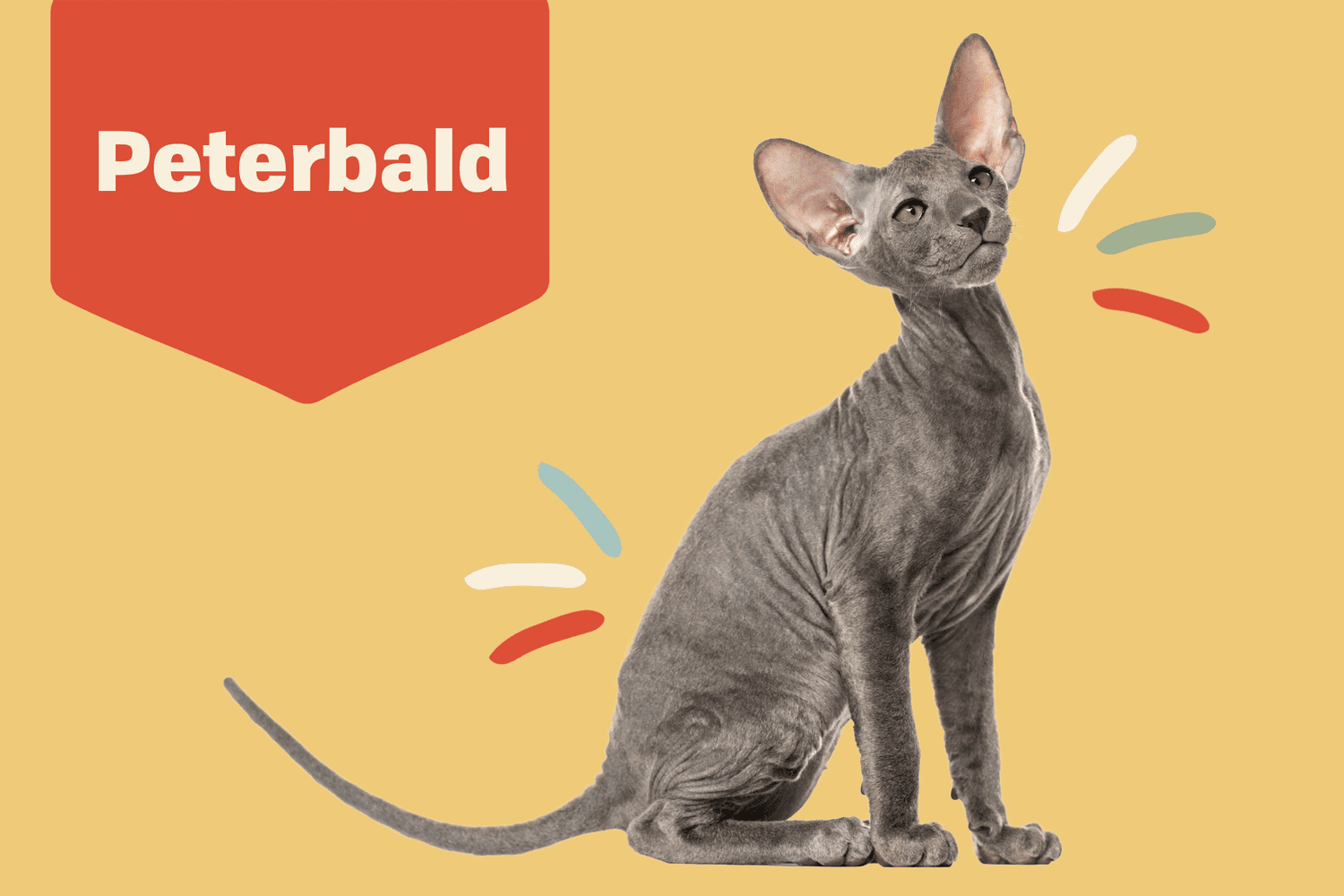The Complete Guide to Birman Cats: Characteristics, Profile, Training, Care, Choosing, Pros and Cons, and Price
The Birman cat, often known for its striking appearance and friendly demeanor, has been a popular choice for cat lovers around the world. With its silky fur, blue almond-shaped eyes, and distinct color points on its ears, paws, face, and tail, the Birman is as beautiful as it is affectionate. In this guide, we will cover everything you need to know about Birman cats, including their personality, how to care for them, train them, and much more. Whether you’re considering adopting a Birman or simply want to learn more about this beloved breed, this article will provide valuable insights.
Overview of the Birman Cat
Origin and History
The Birman cat, also known as the Sacred Cat of Burma, has a mysterious and enchanting history. Legend has it that the Birman breed was developed in Burma (now Myanmar), where the cats were considered sacred companions of Buddhist priests. The breed is believed to have been brought to France in the early 20th century by French breeders, where it gained popularity.
The Birman breed was officially recognized by various cat registries in the mid-1900s, including the CFA (Cat Fanciers’ Association) in the United States. Despite its exotic appearance, the Birman cat has retained its gentle and friendly personality, making it a sought-after companion for families and individuals alike.
Physical Characteristics
The Birman cat is renowned for its distinct and elegant appearance. Here are some key physical traits:
- Size: Birmans are medium to large cats, with males typically weighing between 12-15 pounds (5.4-6.8 kg) and females weighing around 8-12 pounds (3.6-5.4 kg).
- Coat: Birmans have a semi-long, silky coat that does not mat easily, unlike some long-haired breeds. Their fur is typically cream or fawn, with darker color points on the ears, paws, face, and tail. These color points give the Birman its signature look.
- Eyes: One of the most striking features of the Birman is its large, almond-shaped, deep blue eyes, which contrast beautifully against their light-colored coat.
- Body: The Birman has a medium to large body with a muscular frame. They are slightly elongated but not excessively long, with a well-balanced appearance. Their legs are medium in length, with sturdy paws.
- Ears: The ears are medium-sized, rounded at the tips, and set wide apart, contributing to their overall gentle look.
- Tail: The tail is medium in length, bushy, and proportional to the body, adding to the cat’s elegant appearance.
Birman Cat Personality and Temperament
The Birman cat is known for its affectionate and loving nature. These cats are social, calm, and loyal, making them perfect companions for families and individuals alike. Here are some key personality traits:
Friendly and Affectionate
Birmans are known for their gentle and loving nature. They are often described as “dog-like” because of their loyalty to their owners. They enjoy spending time with their human family members and will often follow them from room to room, seeking attention and companionship. They love to be cuddled and petted and are very affectionate, forming strong bonds with their owners.
Social and Playful
Birmans are sociable cats that typically get along well with other pets, including other cats and dogs. They are playful and enjoy interactive games like fetch, and some even enjoy playing in water. Their social nature means that they do not like to be left alone for extended periods, so it’s best to ensure they have companionship at home or another pet to play with.
Quiet and Calm
Unlike some more vocal breeds, Birmans are generally quiet cats. They do not typically demand attention through loud meowing or other disruptive behaviors. Instead, they have a calm demeanor and are easygoing, making them ideal for people who prefer a quieter environment.
Intelligent and Curious
Birmans are intelligent cats that can learn quickly. They enjoy exploring their surroundings and are very curious. Their intelligence also makes them responsive to training. They are known to understand simple commands and can even be trained to walk on a leash, play fetch, or perform other tricks.
Good with Children and Other Pets
Due to their gentle nature, Birman cats are typically great with children and other pets. They are patient and tolerant, which makes them suitable for households with young kids. Their playful nature also allows them to get along well with other cats and dogs, provided they are introduced properly.
How to Care for a Birman Cat
While Birman cats are relatively easy to care for, they do have some specific needs that should be met to ensure their well-being.
Grooming and Coat Care
Birmans have a semi-long coat that is silky and smooth, but it does not mat easily. However, regular grooming is still necessary to keep their fur healthy and prevent tangles.
- Brushing: Brush your Birman’s coat at least once a week to keep it free from tangles and remove loose fur. This will also help to reduce shedding.
- Bathing: Unlike some long-haired breeds, Birmans do not require frequent baths. Bathe your Birman only when necessary, such as when they become particularly dirty or if they have long hair that tends to tangle.
- Nail Clipping: Regularly trim your Birman’s nails to prevent them from becoming too long. Cats that spend time indoors may need their nails clipped more frequently.
Feeding and Nutrition
A healthy diet is essential for maintaining the well-being of your Birman cat. Like all cats, Birmans are obligate carnivores, which means that they require a diet that is high in protein.
- High-Quality Cat Food: Feed your Birman a balanced diet that is appropriate for its age, size, and activity level. Choose a high-quality commercial cat food that contains real meat as the first ingredient.
- Portion Control: To prevent obesity, it’s important to regulate your Birman’s food intake. Obesity can lead to various health problems, so follow the recommended feeding guidelines on the cat food packaging.
- Fresh Water: Ensure that your Birman has access to fresh water at all times. Some cats prefer running water, so consider using a cat water fountain to encourage drinking.
Exercise and Enrichment
Birmans are playful and active cats, and they need both mental and physical stimulation. Here’s how to keep them engaged:
- Playtime: Set aside time each day for interactive play. Toys like feather wands, laser pointers, and puzzle feeders can keep your Birman entertained and active.
- Climbing Spaces: Provide climbing structures such as cat trees or shelves for your Birman to explore and perch on. Cats love high vantage points, and it also gives them a sense of security.
- Companionship: Since Birman cats enjoy social interaction, consider having another cat or pet to keep them company if you are away from home frequently.
Health and Veterinary Care
Birmans are generally healthy cats, but like all breeds, they are prone to some genetic conditions. Regular veterinary check-ups are important to keep your cat in optimal health.
- Vaccinations: Make sure your Birman is up-to-date on all vaccinations and preventive treatments for fleas, ticks, and worms.
- Genetic Conditions: While they are relatively healthy, Birmans may be predisposed to certain genetic conditions, such as hypertrophic cardiomyopathy (HCM), a form of heart disease, and polycystic kidney disease (PKD). Regular veterinary check-ups are important for early detection.
How to Choose a Birman Cat
When selecting a Birman cat, consider the following factors:
- Breeder Reputation: Choose a reputable breeder who follows ethical breeding practices and provides health guarantees. A responsible breeder will offer a written contract and provide documentation of the kitten’s health history and vaccinations.
- Temperament: Spend time interacting with the kitten before purchasing. Ensure the kitten is friendly, confident, and comfortable around people.
- Health: Check that the kitten is free from any signs of illness or genetic conditions. Ask the breeder about the health history of the kitten’s parents.
Pros and Cons of Birman Cats
Pros
- Affectionate and friendly: Birman cats are known for their loving and gentle nature.
- Great with children and other pets: Their social demeanor makes them great companions for families and other pets.
- Low grooming requirements: Their semi-long fur requires only minimal grooming, making them relatively easy to care for.
- Quiet and calm: Birman cats are not overly vocal, making them ideal for quieter homes.
Cons
- Need for companionship: Birmans do not like being left alone for long periods and may develop separation anxiety.
- Potential health issues: While they are generally healthy, Birmans can be prone to certain genetic conditions.
- High energy: They require regular exercise and mental stimulation, or they may become bored and destructive.
Price of Birman Cats
The cost of a Birman cat can vary depending on factors like breeder reputation, pedigree, and location. On average, a Birman kitten can cost between $800 and $1,500. If you are purchasing a show-quality Birman with a strong pedigree, the price can be higher, ranging from $2,000 to $4,000.
Conclusion
The Birman cat is a wonderful choice for anyone seeking a friendly, affectionate, and playful companion. With their beautiful appearance, calm demeanor, and intelligent nature, Birmans make excellent pets for families, singles, and multi-pet households alike. By providing them with the right care, attention, and love, you can enjoy a rewarding relationship with your Birman cat for many years.




